
Loading
Wednesday 10. November 2021 at 09:30 to Friday 12. November 2021 at 16:00
Friday 8. October 2021 at 20:00
Mødecenter Odense,
Buchwaldsgade 48,
5000 Odense C.
Mødecenter Odense
Buchwaldsgade 48
5000 Odense C.
COURSE IN DEVELOPMENT-ORIENTED STIMULATION THROUGH QUALITY INTERACTION
-Building on the programs of Prof. P. Klein, Prof. S Greenspan and Hanen
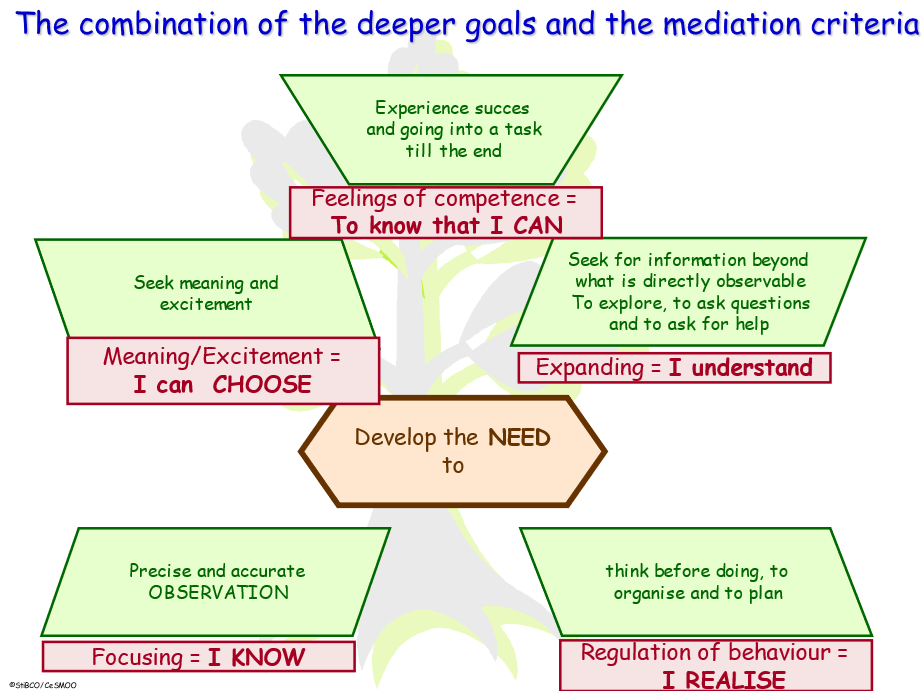 We are happy to offer the oportunity for online participation in a workshop introducing Development-Orientered Stimulation through Quality Interaction (DOSQI). Dosqi integrates and develops some groundbreaking ideas from MISC, Floor-Time and the Hanen program that support younger children´s development. The workshop and Dosqi fills a gap that many parents and professionals have experienced in their search for a developmental and mediational approach that addresses optimal ways of supporting younger children´s development and how obstacles and challenges can be met. We look forward to welcome Albert Janssen, developer of the program, as teacher in Denmark where he has already conducted a workshop in Bright Start. His very practical, inspiring, personal and humoreuos teaching style has proven worth as a source of inspiration and knowledge.
We are happy to offer the oportunity for online participation in a workshop introducing Development-Orientered Stimulation through Quality Interaction (DOSQI). Dosqi integrates and develops some groundbreaking ideas from MISC, Floor-Time and the Hanen program that support younger children´s development. The workshop and Dosqi fills a gap that many parents and professionals have experienced in their search for a developmental and mediational approach that addresses optimal ways of supporting younger children´s development and how obstacles and challenges can be met. We look forward to welcome Albert Janssen, developer of the program, as teacher in Denmark where he has already conducted a workshop in Bright Start. His very practical, inspiring, personal and humoreuos teaching style has proven worth as a source of inspiration and knowledge.
See video-example with Albert Janssen teaching in Denmark here
DOWNLOAD COURSE DESCRIPTION IN PDF
IT IS ALSO POSSIBLE TO PARTICIPATE ONLINE - SEE INFORMATION HERE
Introduction and background
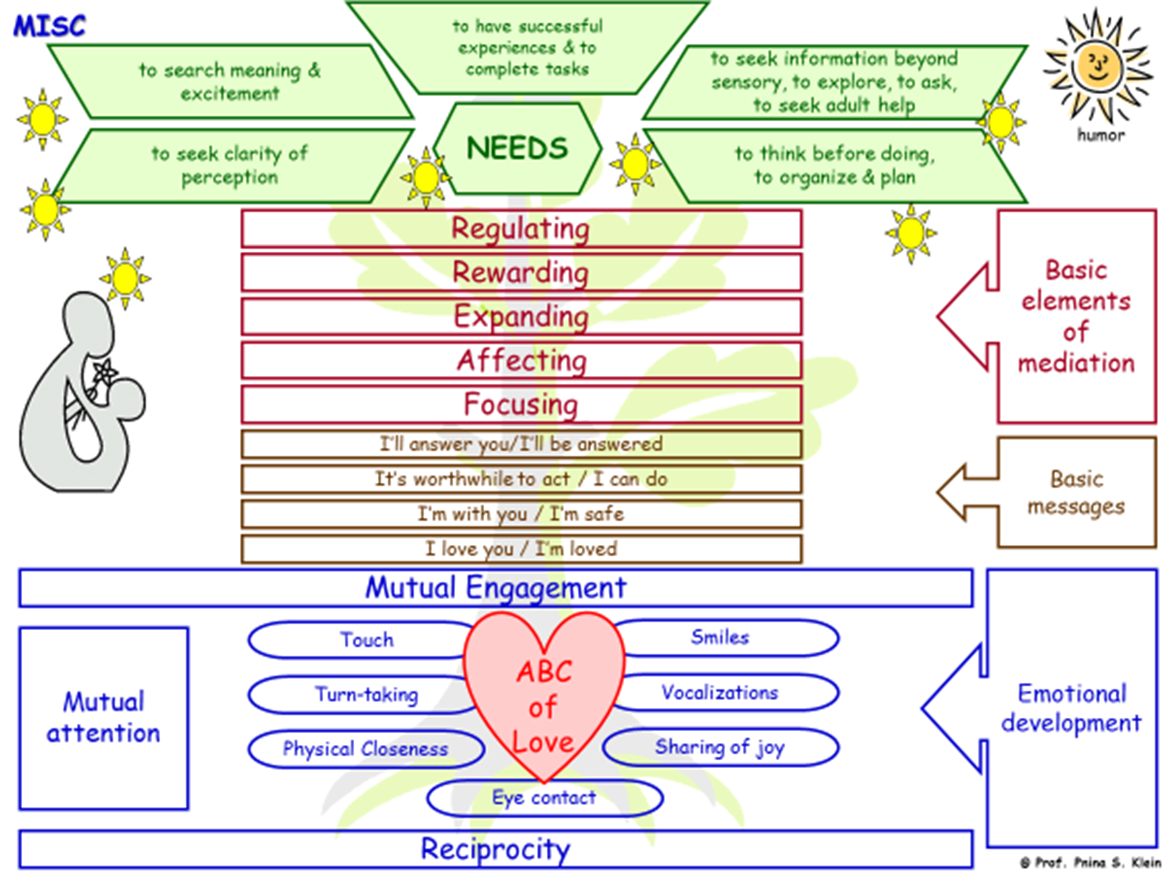 Dosqi is an abbreviation for "Development-Oriented Stimulation through Quality Interaction". It is a compilation of different worldwide recognized and evidence-based programs: M.I.S.C. (P. Klein), Floor-time (S. Greenspan), Hanen (The Hanen centre) and contemporary ideas on play and its importance on the development of young children.
Dosqi is an abbreviation for "Development-Oriented Stimulation through Quality Interaction". It is a compilation of different worldwide recognized and evidence-based programs: M.I.S.C. (P. Klein), Floor-time (S. Greenspan), Hanen (The Hanen centre) and contemporary ideas on play and its importance on the development of young children.
Starting from ideas and beliefs from these programs, Dosqi deals with questions like these:
 This leads to the different units in the Dosqi-approach:
This leads to the different units in the Dosqi-approach:
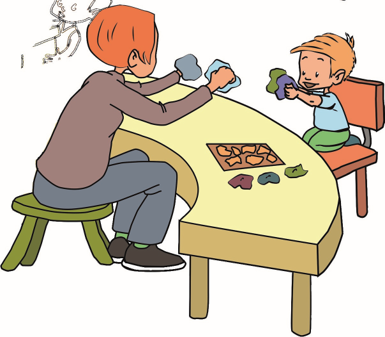 The Hanen program, developed for children with language-development difficulties, learns us how to go in (verbal and non-verbal) interaction with our child.
The Hanen program, developed for children with language-development difficulties, learns us how to go in (verbal and non-verbal) interaction with our child.Course content
All these units are discussed in 3-days workshop:
Day 1:
Day 2:
Day 3:
The content of the workshop is meant in the first place to stimulate the development of the youngest children (baby’s toddlers, preschoolers) but also older children who are struggling with the earlier development stages.
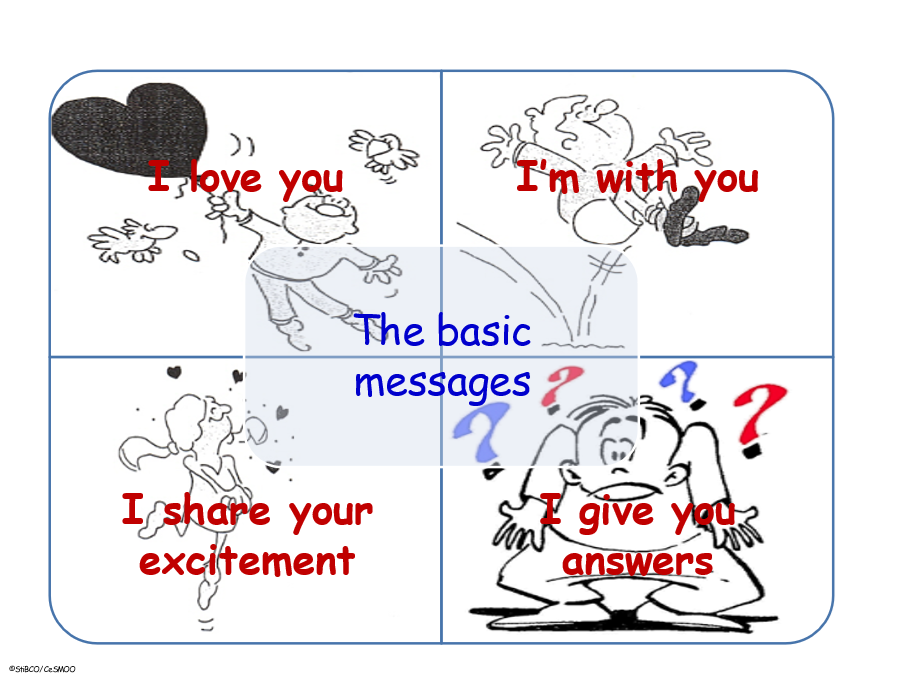 Target group
Target group
D.O.S.Q.I. is developed for parents and all professionals (teachers, caregivers, educators, therapists, pedagogues) working with younger children and children with developmental problems or professionals coaching these people.
The programs from which D.O.S.Q.I. is a compilation are mostly developed for children with developmental problems:
In the D.O.S.Q.I.-concept the programs of Misc, Floor-Time and Hanen are ‘translated’ in ways that makes them relevant for every child. D.O.S.Q.I. is the basic concept for many kindergartens and preschools in Belgium as well as for the organisations working with family interactions and in special education.
 The history and background of the Dosqi program
The history and background of the Dosqi program
The base of the 3 programs on which D.O.S.Q.I. is built, are developed in the eighties and are still part of worldwide research. The ‘home’ of the programs is:
For M.I.S.C.: the Baker Centre, Bar Ilan University, Tel Aviv, Israel
For Floortime: The Interdisciplinary Council on Development and Learning, Inc, Bethesda, USA
For Hanen: The Hanen Centre, Toronto, Canada
The D.O.S.Q.I.-concept itself is developed by Albert Janssens. He is an eary childhood educator and trainer and felt the need to develop for his work a ‘complete’ program. He started as a M.I.S.C.-trainer (Israel, 2001) and was trained in the years after by the Hanen Centre and by Greenspan. In Belgium (Flanders and Brussels), more than 40 kindergartens and all their coaches, many preschools and the teacher training colleges use D.O.S.Q.I. as basic-concept for their work with children. D.O.S.Q.I. has been teached for 14 years by Janssens at the Vilniaus Kolegia in Lithuania, where different kindergartens all over the country use it.
PRACTICAL INFORMATION
Dates
Course dates are from 10th-12th of November 2021. Course hours are from 9AM-4PM / 9.30am-4.30pm (Central European Time Zone EST). To convert for other timezones see this link (showing the hours for the first day)
A light breakfast will be available every day half an hour before the course starts and lunch will be provided. Detailed schedule will be sent to participants prior to course start.
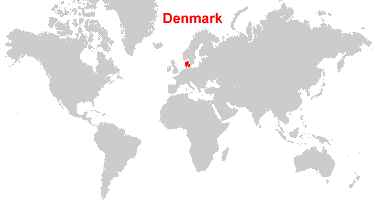 Course venue
Course venue
The course will be held in the central part of Odense in a short walking distance from the central station. Address: Mødecenter (Meeting center) Odense, Buchwaldsgade 48, 5000 Odense C, Denmark. Link to the position of the course venue can be found here
Course format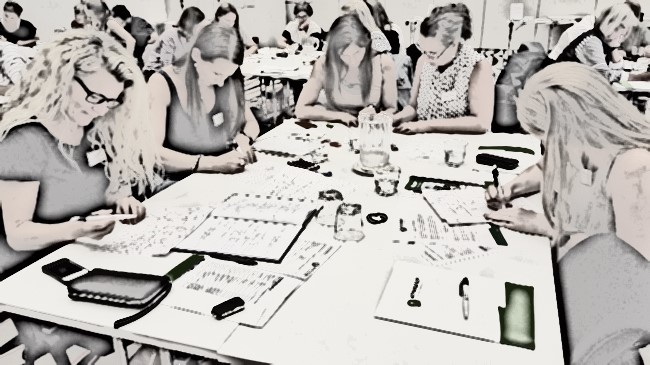
The course is a non-residential course (accommodation not included). It is conducted as a combination of group discussions, a lot of video-materials, individual exercises, lecture time and a lot of reflection that will lead the participants through the basics of the D.O.S.Q.I.-concepts.
Course language
The course is an international course and teaching will be in English.
Technical platform and prerequisites for online participation
Online participation takes place via the Zoom Meeting platform. It is a prerequisite for online participation, that you have a well-functioning webcam and microphone solution and can join the course through computer. If you are not sure whether your hardware is compatible and set up for Zoom Meeting, you can try it here: https://zoom.us/test
In addition, it requires a good and stable internet connection. As a rule of thumb, a minimum of 4-5 Mb in upload and 6-8 Mb download speed is required to have a good stable connection. If necessary, you can check your internet speed here: www.speedtest.net
Course organizer cannot be held responsible for lack of course outcome due to technical problems.
Price
Course price for international participants attending the course in Copenhagen is 6950 DKK (Danish currency). For Danish participants, there will be added 25 % local VAT. Course price includes:
The course price does not include accommodation.
Registration and further information
You can sign up for the course through this webpage or you can write an email to course organizer: Neuroguide.dk, psychologist Jens Wilbrandt, email: info@neuroguide.dk You will then get an invoice with bank transfer information. Or you can call phone +45 22 32 44 01 if you want to ask or discuss anything. Please note, that you are only sure of course admission when you receive a confirmation of payment. In case of cancellation of the course, due to few participants, teacher illness etc. the full course fee will be repaid. For registration with online attendance, use this link: https://neuroguide.nemtilmeld.dk/40/
Last deadline for enrollment is 29th of October 2021. After this date, please contact us and ask if it is still possible to sign up for the course.
Course organizer and teacher
 Teacher throughout the course: Albert Janssens
Teacher throughout the course: Albert Janssens
Published 4 books on the D.O.S.Q.I.-theme:
Course organizer and provider: Jens Wilbrandt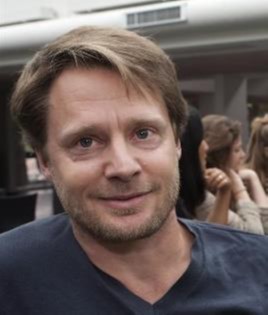
The course is provided and organized by Neuroguide.dk, psychologist Jens Wilbrandt. Jens Wilbrandt has many years of experience in the special education field and is qualified in both LPAD, DAYC, IE and CAP. He is an exponent of a development-oriented educational psychological approach and has many years of experience as a facilitator, lecturer and course teacher in the neuropsychological, and educational psychological field. In addition to carrying out a wide range of continued professional development tasks, he works with dynamic assessment, cognitive training and counseling in relation to children and adolescents with extensive learning and development issues, both in relation to school, home and home care.
See more at: www.neuroguide.dk
Click to view the event location on Google Maps >